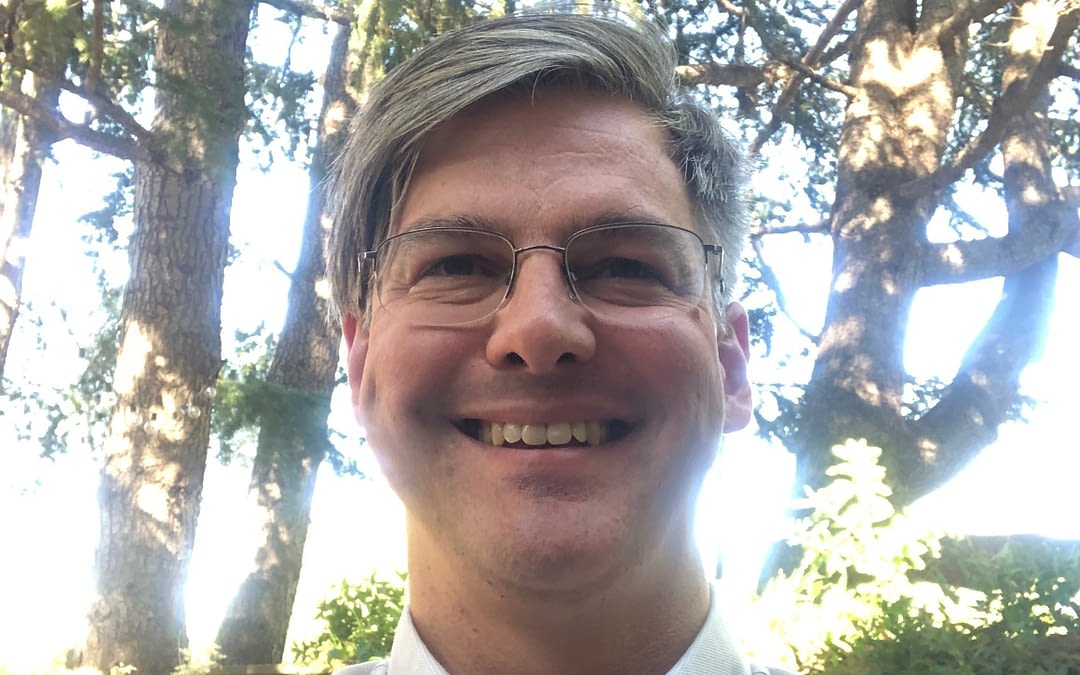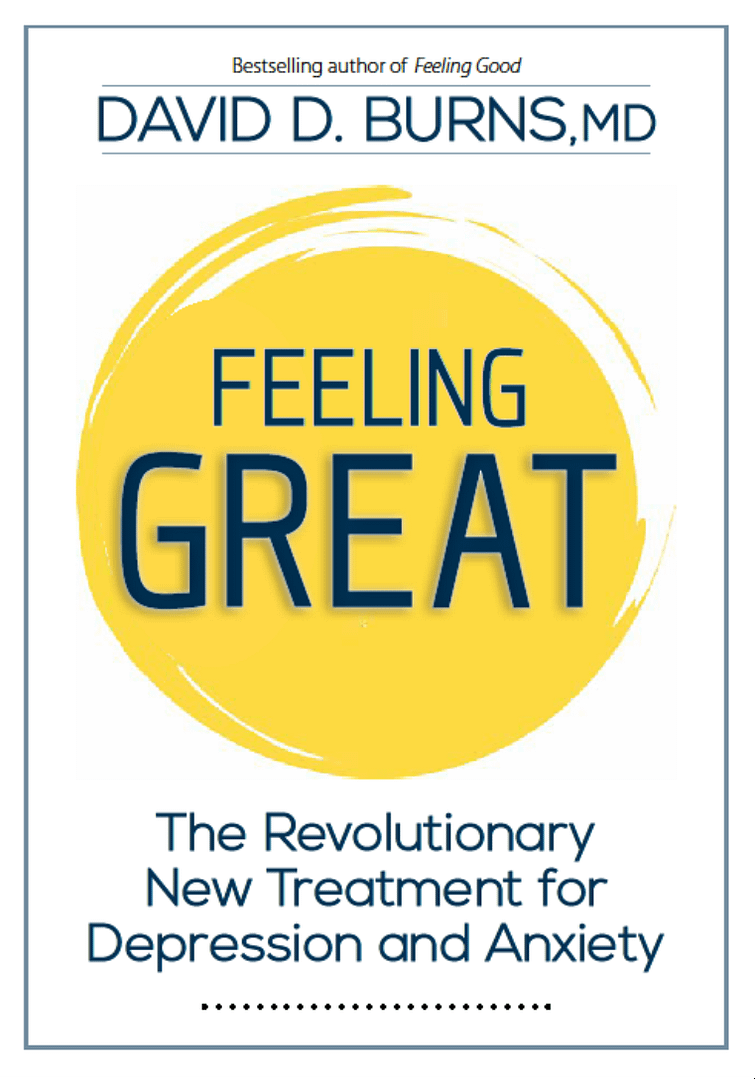May 30th, 2022
Our recent Ask David with Dr. Matthew May included a question on the Acceptance Paradox that triggered many enthusiastic email responses, and people were asking for more on this topic. Rhonda read several, including an email from Jeff who finally “got” the Acceptance Paradox and grasped the meaning of the “Great Death” of the Self. So, today, we’re dedicating the entire hour to this topic.
In addition, I’m including a link to a partial draft of a manuscript I’m working on entitled “25 Paths to Self-Acceptance.” It’s fragmentary and far from complete, but does include some potentially useful ideas and techniques, including a vignette with a quiz about a woman from South Los Angeles who experienced what I call “instantaneous enlightenment” during one of my 5-day psychotherapy intensives several years ago at the South San Francisco Conference Center near the San Francisco airport. (LINK TO MS)
First, here’s what a listener named Jeff wrote after the previous podcast.
Ah! I F-I-N-A-L-L-Y get what you’re saying. I’ve pondered this death of “self” for quite a while after reading Feeling Great and it finally sunk in.
Saying “I want to improve myself” or “become a better person” is nonsensical. It’s like there’s an amorphous ghost “self” that I want to somehow “improve” or make “more worthwhile.” But it’s all made up. There is no actual “self.” Meaning, I can improve skills I have – but my “self” won’t be better. My skills might be – but there’s no “self” to improve. I can improve my juggling skills but never my “self.” Wow.
Even when it comes to flaws, I can see that they’re also very specific. I don’t have a flawed “self” or a bad “self.” I may have certain flaws but there’s no “I” or “self” to be flawed or worthless.
It took me a long time to see it – but now that I do, how awesome it is to stop having to IMPROVE myself. Instead, I can just let go of “my self.”
Thank you for the response and the additional information. That is so helpful! !
During today’s show, a number of vignettes illustrating acceptance were shared, including a man from the CIA who was intensely ashamed because he didn’t have a sense of humor, and all of the men he worked with loved to hang out during breaks at work telling jokes and laughing. He pretended to laugh, but inwardly felt ashamed and inadequate, and was telling himself that he was inferior, or defective because he didn’t have a sense of humor.
His enlightenment came during role-playing with a powerful technique called the Externalization of Voices. David played his Positive Self, and the patient, in the role of his Negative Self said this to David:
Patient, in the role of his Negative Self: You know, you’re really inferior because you don’t have a sense of humor. You’re not a real man!
David in the role of the Positive Self, responded like thi:s.Well, you know, you’re right. And in fact, I have tons of flaws. My lack of a sense of humor is just the tip of the iceberg!
This struck the patient as incredibly funny, and he began laughing uncontrollably for several minutes and almost feel out of his chair.
Then David said, “Not bad for someone with no sense of humor,” and that triggered even more laughter.
That’s why it’s called the Acceptance Paradox. The very moment when you accept yourself, exactly as you are, warts and all, everything—all your perceptions of yourself and the world—are suddenly transformed, and your freed from the prison you’d been in for many years, or possibly for your entire life.
Let me spell out what happened. For many years, my patient had been struggling with his lack of a sense of humor, and the harder he fought, the tighter the trap become. He could not change, and his life had become grim, and he felt inadequate and ashamed, thinking he wasn’t a “real man,” which seemed awful!
The very moment he “gave up” and accepted the fact that he had no sense of humor, he suddenly found his sense of humor, and laughed uncontrollably for several minutes.
That’s what I mean when I say that acceptance is the greatest CHANGE a human being can make–and that’s a gigantic paradox. Can you see that now?
One important focus of the show was debunking the many reasons people have for resisting Self-Acceptance, such as:
- If I accept myself, I’ll just be ordinary, or below average, and I won’t be special.
- Acceptance is a slippery slope. If I accept something bad about myself, or some awful thing I did, I might end up doing something immoral or wrong.
- If I did something immoral or wrong, or even if I screwed up and failed to achieve my goals, I deserve to suffer.
- If people see that I’m flawed or “less than,” they’ll judge me.
- If I accept myself, I’ll lose my motivation to learn, to grow, and to improve myself.
- If I accept myself, I’ll have to lower my standards. I may be unhappy, even miserable at times, but at least I have high standards!
- When I beat up on myself, it shows that I’m honest about my flaws.
- If I accept myself, I will end up accepting the fact that I might really be inferior!
In addition to addressing these concerns, Matt, Rhonda and David contrasted healthy vs unhealthy acceptance. For example, unhealthy acceptance is associated with feelings of depression, shame, hopelessness, paralysis, loneliness and cynicism. Healthy acceptance, in contrast, is associated with the exact opposite feelings of joy, pride, hope, creativity, intimacy, and laughter.
Matt pointed out that most, and conceivably all people who resist acceptance are not “seeing” something potentially incredible and life-changing.
David pointed out that the “Great Death” of the “self” that the Buddha described more than 2500 years ago is not really the “death” that people fear, but is really the “Great Rebirth.” When you “lose” your “self,” you actually lose nothing, because there was nothing there in the first place. But you gain the world, along with liberation from your suffering.
And that’s every bit as true today as it was at the time of the Buddha!
Thanks for joining us today.
Rhonda, Matt, and David
Rhonda and I are convinced that Dr. May is one of the greatest therapists on the planet earth. If you have a question or would like to contact Dr. May, please check out his website at: www.matthewmaymd.com
Dr. Rhonda Barovsky practices in Walnut Creek, California, in person and via Zoom, and can be reached at rhonda@feelinggreattherapycenter.com. She is a Level 5 Certified TEAM-CBT therapist and trainer and specializes in the treatment of trauma, anxiety, depression, and relationship problems. Check out her website: www.feelinggreattherapycenter.com.
You can reach Dr. Burns at david@feelinggood.com.
This is the cover of my new book, Feeling Great.
It’s on sale right now on Amazon, and it’s ridiculously cheap!
The kindle and audio versions are available now too! Check it out!



